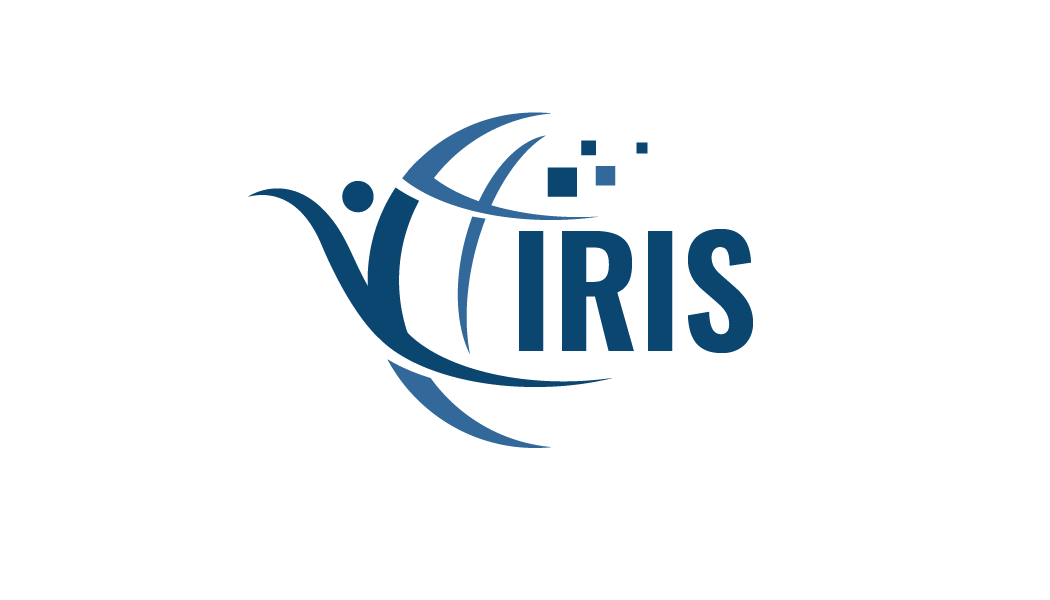14th Scandinavian Conference on Information Systems
Abstract
The rapid transition to remote work necessitated by the mobility restrictions to curb the spread of COVID-19 introduced challenges to the onboarding of new hires for many organizations. Organizations with no prior experience of remote work, had to resort to emergent digital onboarding processes, addressing the problems as they surfaced. This experience has revealed deficiencies in our understanding of digital onboarding processes in both academia and practice. In this paper, we present a qualitative study of an emergent digital onboarding process and newcomer adjustment during the pandemic, within the administrative function of a higher education institution based in the Netherlands. We conducted interviews with 11 newcomers and peers working at the organization during the period of restrictions. Our findings suggest four dimensions that impact newcomer adjustment: 1) relationship building, 2) responsibility and accountability of newcomer adjustment, 3) managing wellbeing and the sense of belonging, and 4) information seeking. Our study advances the discussion on digital onboarding revealing the effects of unplanned transition on newcomers and describing approaches newcomers used to adjust to the new work environment.
Recommended Citation
Schutte, Tessa and Asatiani, Aleksandre, "DIGITAL ONBOARDING OF NEWCOMERS: INSIGHTS FROM AN ORGANIZATION NAVIGATING ONBOARDING CHALLENGES DURING THE COVID-19 PANDEMIC" (2023). 14th Scandinavian Conference on Information Systems. 16.
https://aisel.aisnet.org/scis2023/16


